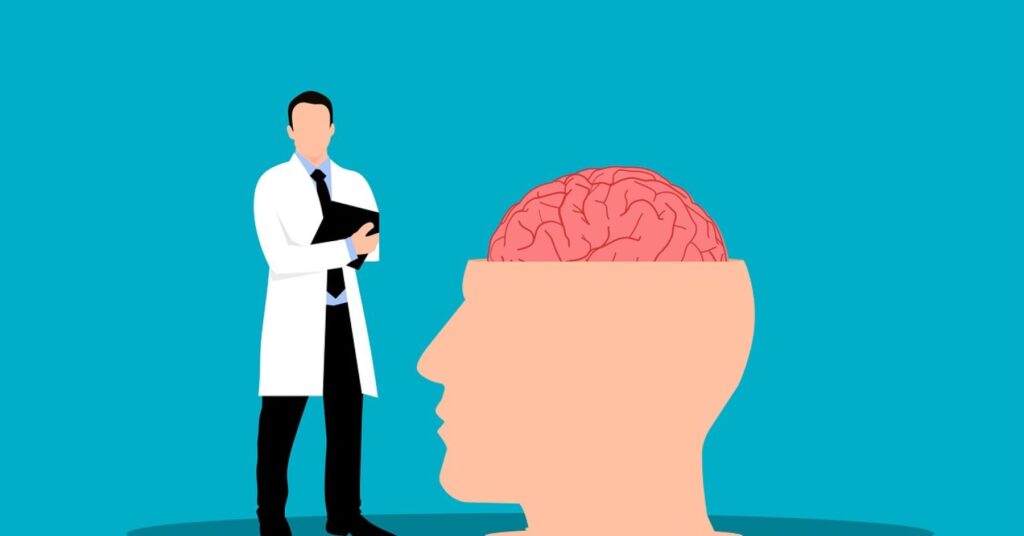Anhedonia, a condition characterized by the inability to experience pleasure in activities that once brought joy, is often linked to depression and can leave individuals feeling lost and confused. Those affected may struggle with feelings of emptiness and a sense of unfulfillment, leading to a constant pursuit of happiness that seems just out of reach.
Perfectionism plays a significant role in the pursuit of joy for many individuals, as they strive for perfection in all aspects of their lives. However, the relentless quest for perfection often leads to a cycle of dissatisfaction and disillusionment. This constant striving for more can lead to a phenomenon known as the Hedonic treadmill, where individuals continually raise the bar for what will bring them happiness, only to find themselves feeling unfulfilled once again.
Our fantasies and expectations also play a role in our ability to experience joy. The anticipation of a reward often triggers a rush of dopamine, the “anticipation molecule,” which can lead to feelings of incompleteness when reality falls short of our imagined scenarios. Perfectionists, in particular, may struggle with this disparity between their expectations and reality, leaving them feeling empty and devoid of meaning.
Additionally, our own psychology can impact our ability to experience joy. Perfectionists, in particular, may struggle to feel proud of their accomplishments, constantly questioning whether they deserve to feel any sense of achievement. This internal struggle can lead to feelings of shame and inadequacy, further contributing to feelings of anhedonia.
To overcome anhedonia and increase feelings of joy, it is important to take a long-term perspective on one’s accomplishments and acknowledge the progress that has been made. It is also essential to reconsider the meaning we attach to our goals and achievements, recognizing that external validation is not the key to true happiness. By reframing our thoughts, considering the perspectives of others, and challenging black-and-white thinking, individuals can begin to break free from the cycle of perfectionism and find greater fulfillment in their lives.
In conclusion, while anhedonia and perfectionism can present significant challenges in experiencing joy, there are strategies that individuals can employ to overcome these obstacles and cultivate a greater sense of happiness and fulfillment. By shifting our perspective, challenging our beliefs, and embracing the accomplishments we have achieved, we can begin to break free from the cycle of dissatisfaction and find joy in the present moment.

